Table of Contents
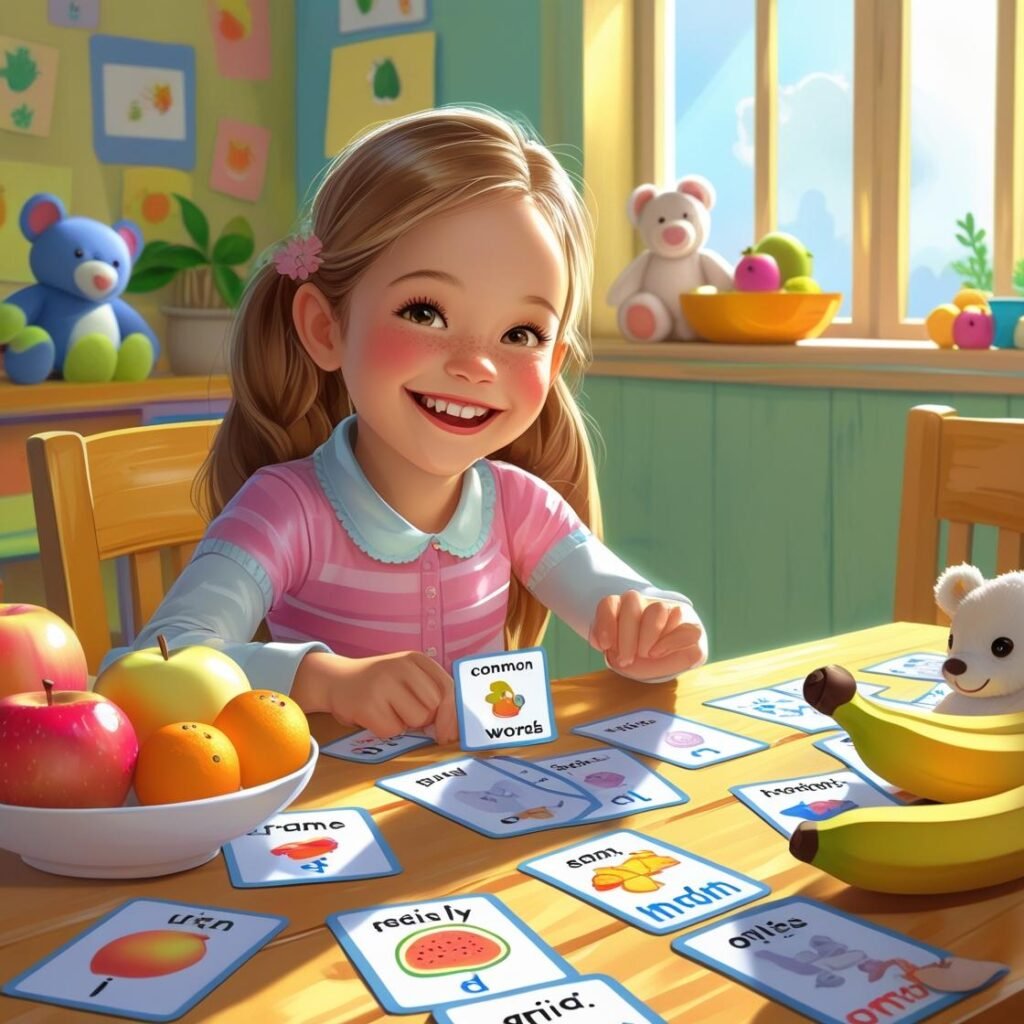
When a child enters Class 1, the foundation of their academic journey truly begins. At this age, children are curious explorers, soaking up language, words, and expressions that will shape how they read, write, and communicate for years to come. This is why vocabulary learning plays such a vital role in their early education. Words are not just building blocks of sentences; they are keys that open the doors of imagination, comprehension, and confidence.
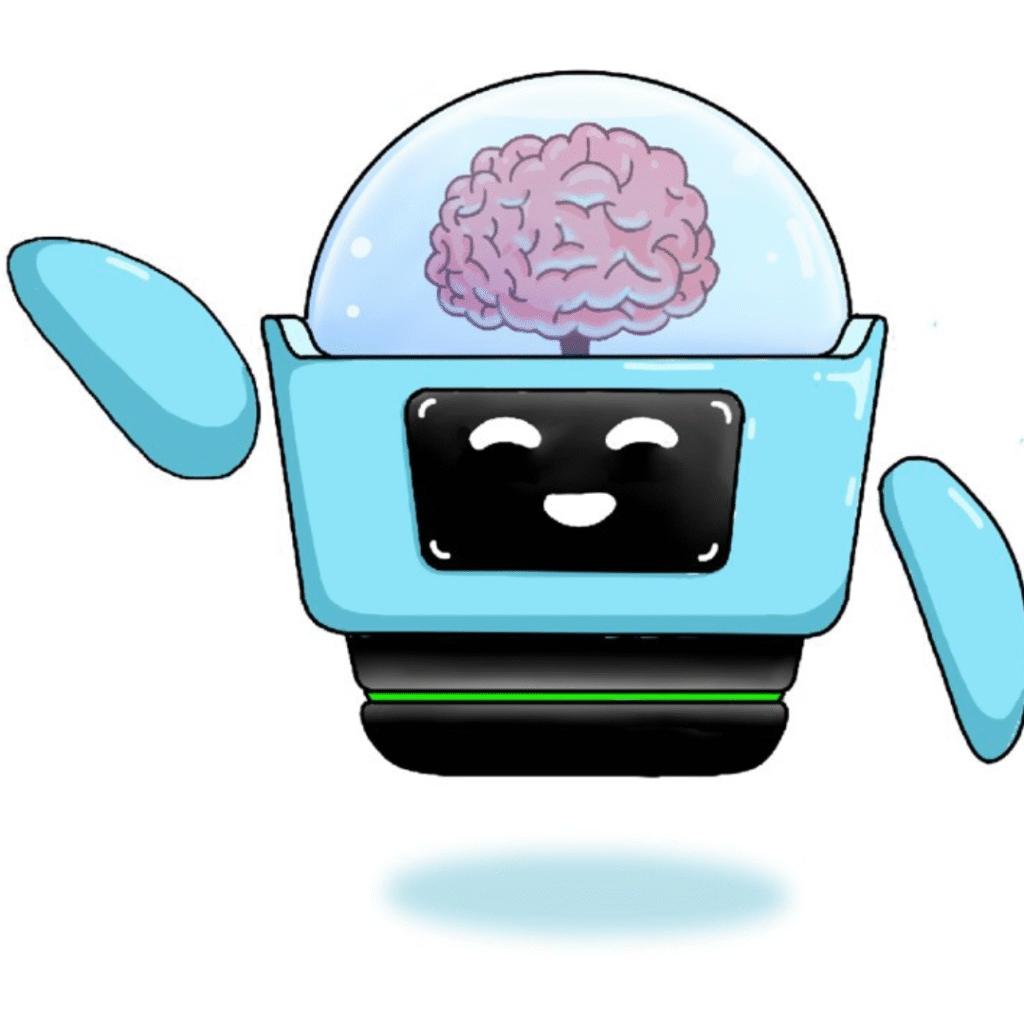
As a parent, you might notice how your child often struggles with simple words like “circle,” “red,” or even sight words such as “is” or “we.” These are the stepping stones, and making this learning engaging can transform how a child perceives language. Focus Fun understands this journey well and offers interactive games that make vocabulary learning not a task, but a joyful adventure. Let’s explore three powerful activities—Connect Shape, Memorize, and Flag Colour—that can help your child fall in love with learning words.
Connect Shape: Building Vocabulary Through Logic and Play
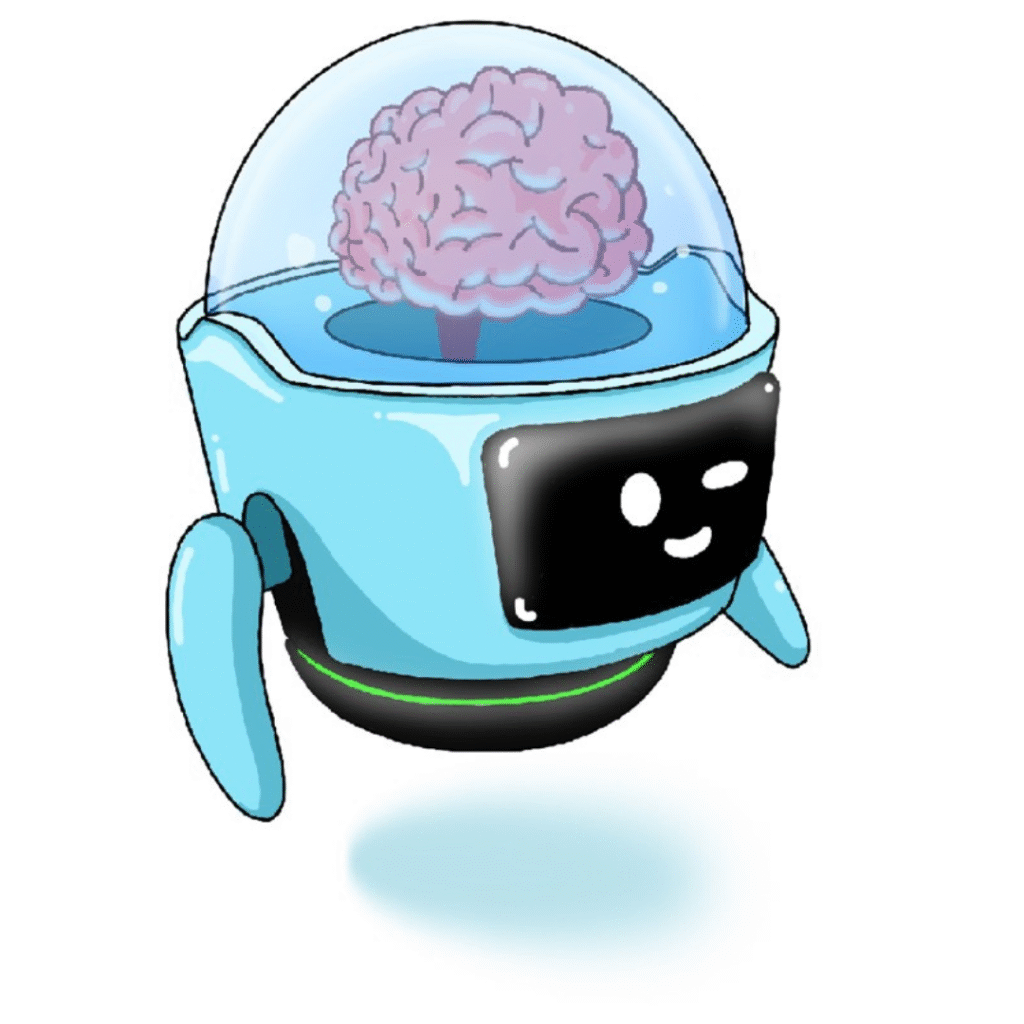
One of the most engaging ways to teach children is through visual recognition, and that’s exactly what the Connect Shape game delivers. Children are introduced to shapes like circle, square, triangle, or rectangle, but this is more than just geometry. When a child says “circle” or “square,” they’re not only identifying an object but also enriching their vocabulary.
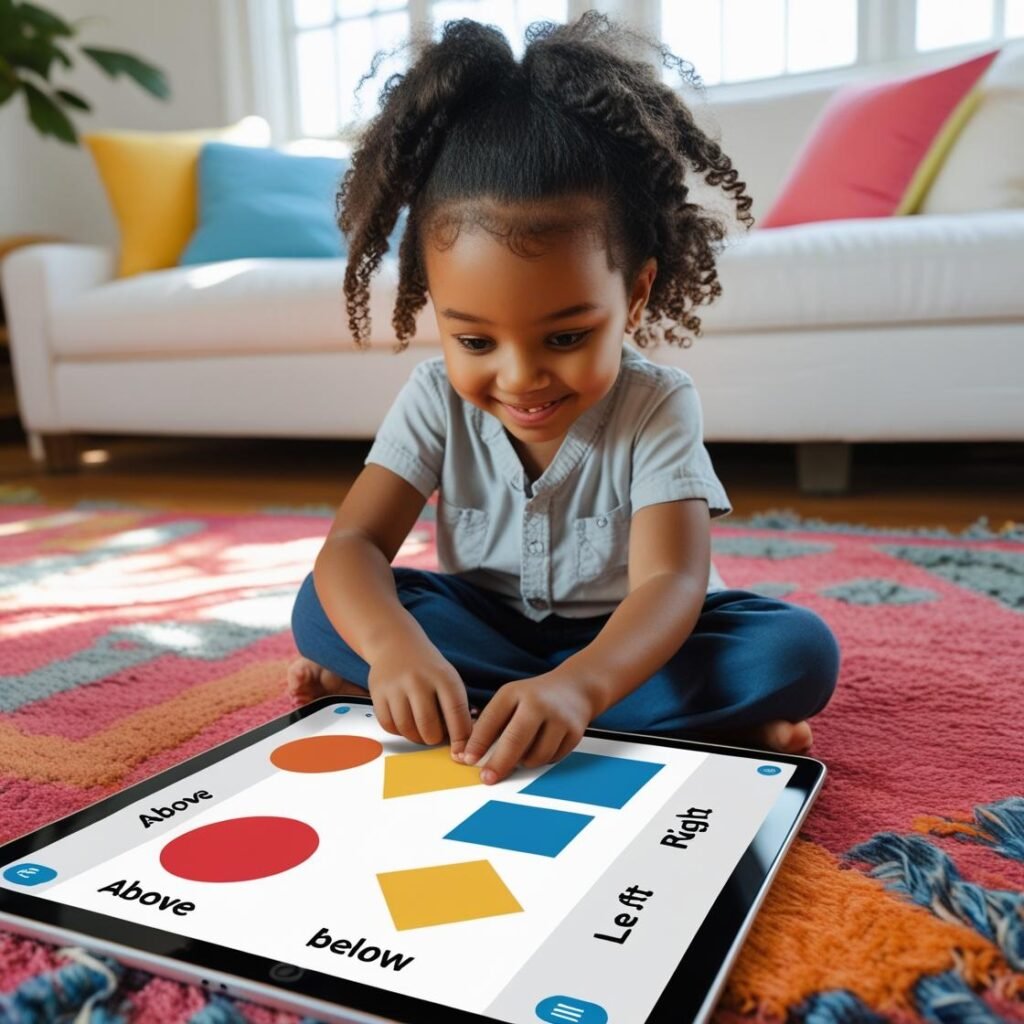
This activity supports vocabulary learning by pairing logical thinking with visual cues. For example, when a child connects “above” and “below” while arranging shapes, they start understanding prepositions—words that are often tricky but extremely important in daily communication. Beyond that, the act of dragging, connecting, and matching shapes improves hand–eye coordination, helping a child focus better.
Parents often find that this game sparks creativity. Instead of rote memorization, the child actively uses words in context. Imagine your child confidently saying, “The square is below the circle,” without hesitation. That’s the beauty of integrated vocabulary learning—it’s not about forcing words, but about naturally absorbing them through play.
Memorize: Sharpening Memory and Vocabulary Together
Another Focus Fun favorite is the Memorize game, designed to sharpen memory power while reinforcing essential language skills. At Class 1 level, memory is closely tied to language development. Children need to recall sight words like “the,” “am,” “you,” or “we” frequently. Without memory support, vocabulary growth becomes slow and frustrating.
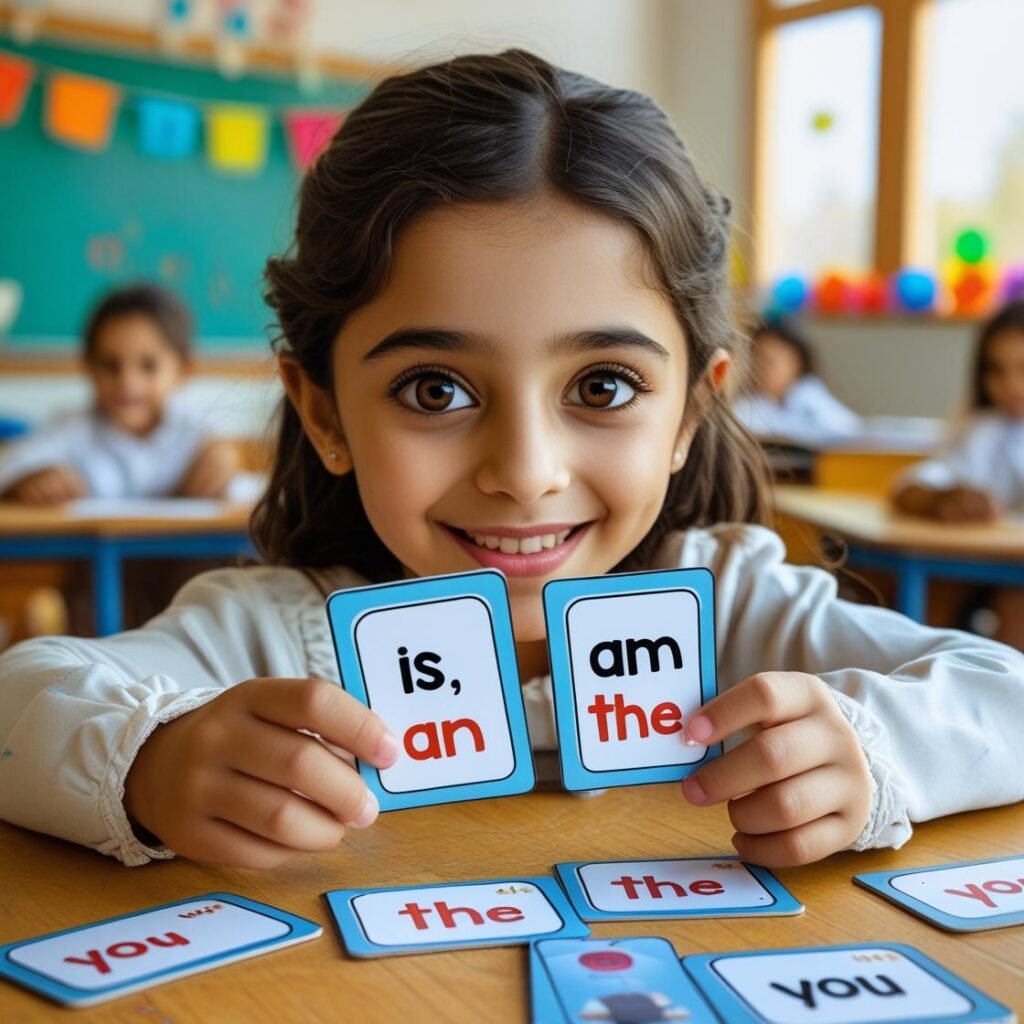
The Memorize game provides exactly that boost. Kids flip cards, match pairs, and recall patterns, which strengthens both short-term and long-term memory. But more importantly, it ensures better retention of words. For example, when children practice spelling or connect a sight word with an image, the word doesn’t just stay in their mind for the moment—it becomes a part of their daily vocabulary.
This form of vocabulary learning also improves concentration and attention span. Children who once struggled to sit through homework sessions suddenly become engaged, because the game adds an element of excitement. Parents have noticed how their kids recall story details, grammar rules, and even spelling lists faster after playing Memorize regularly. By blending fun with focus, it becomes easier for children to grasp not just words, but their meanings and contexts.

Flag Colour: Expanding Word Power with Colors
Children are naturally drawn to colors, and that makes the Flag Colour game one of the simplest yet most powerful ways to expand word knowledge. Through this activity, kids learn essential color vocabulary like red, green, blue, and yellow. But this is not just about naming colors—it’s about associating them with identity, culture, and creativity.
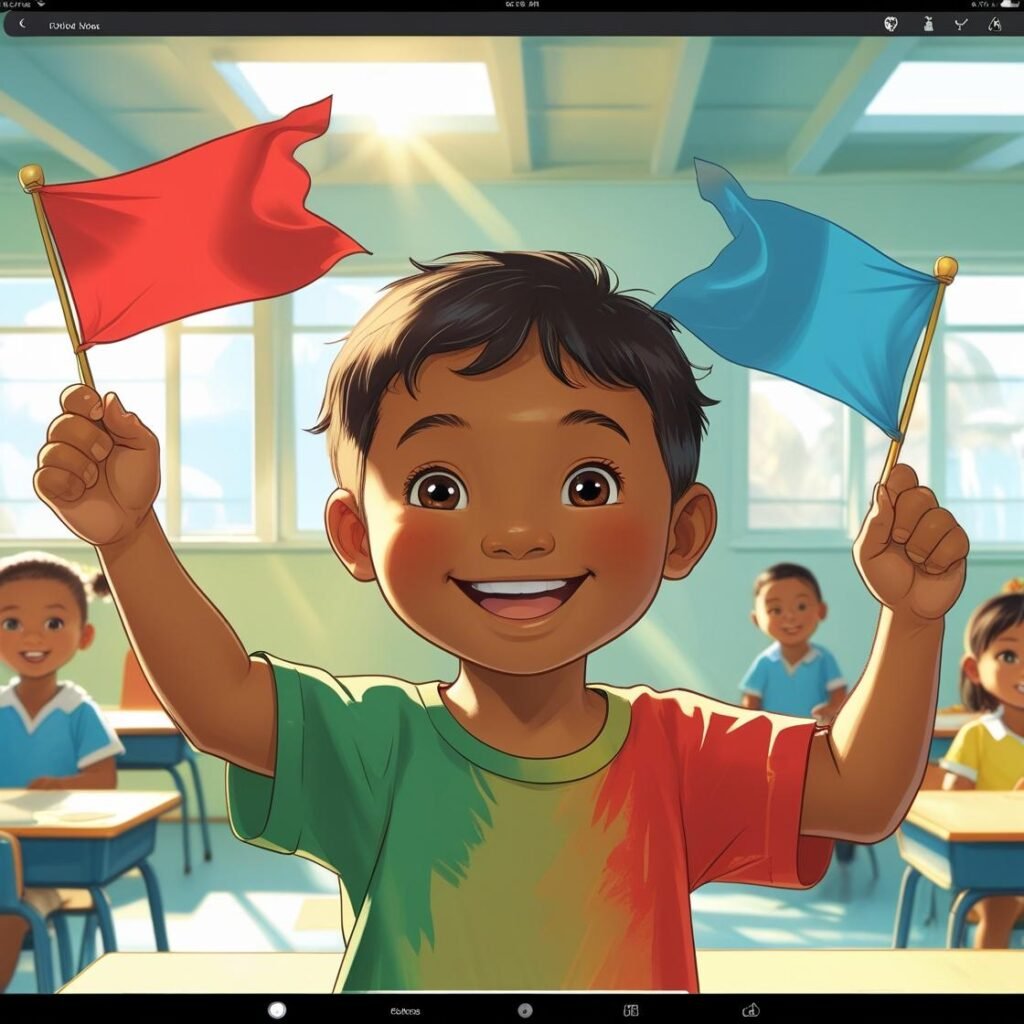
In vocabulary learning, colors are among the first descriptive words that children use in communication. Whether they’re describing their favorite toy, clothes, or even food, color words are indispensable. With the Flag Colour game, children link colors to real-life objects in a playful way. Imagine your child excitedly saying, “The flag is green and white!”—that’s vocabulary in action.

The activity is not only enriching but also helps in sentence formation. Words like “bright,” “dark,” or even phrases such as “next to the red flag” become part of the child’s growing word bank. Such natural use of descriptive vocabulary strengthens their ability to express thoughts clearly. With consistent play, children don’t just memorize colors; they learn to describe the world around them with words.
The Bigger Picture: Why Vocabulary Learning with Focus Fun Works
Every parent wants their child to succeed, but the path to success in education always starts with language. A child who has a strong vocabulary is more confident in reading, writing, and speaking. With Focus Fun’s activities like Connect Shape, Memorize, and Flag Colour, children experience vocabulary learning in a way that feels exciting, not burdensome.
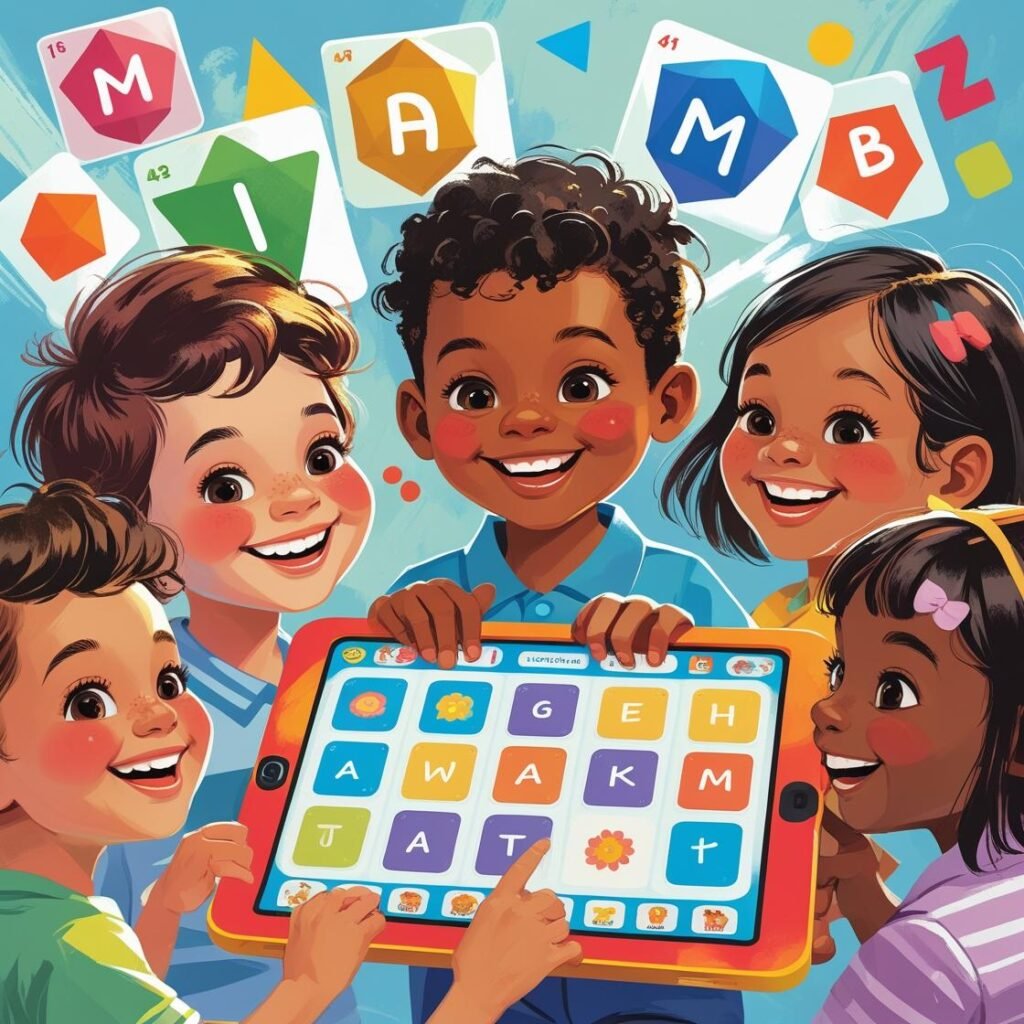
The blend of visuals, logic, memory, and creativity ensures that children engage all parts of their brain. This is not just about rote learning—it’s about interactive growth. Vocabulary learning here is tied to daily communication, making it highly practical. For example, prepositions learned in Connect Shape, memory skills sharpened in Memorize, and color words from Flag Colour all directly improve classroom performance.
Moreover, these games build life skills like problem-solving, logical reasoning, and attention to detail, which extend beyond academics. A child who can confidently express, recall, and describe is a child ready to thrive—not just in Class 1 but in life.
Conclusion: Building Strong Foundations Through Vocabulary Learning
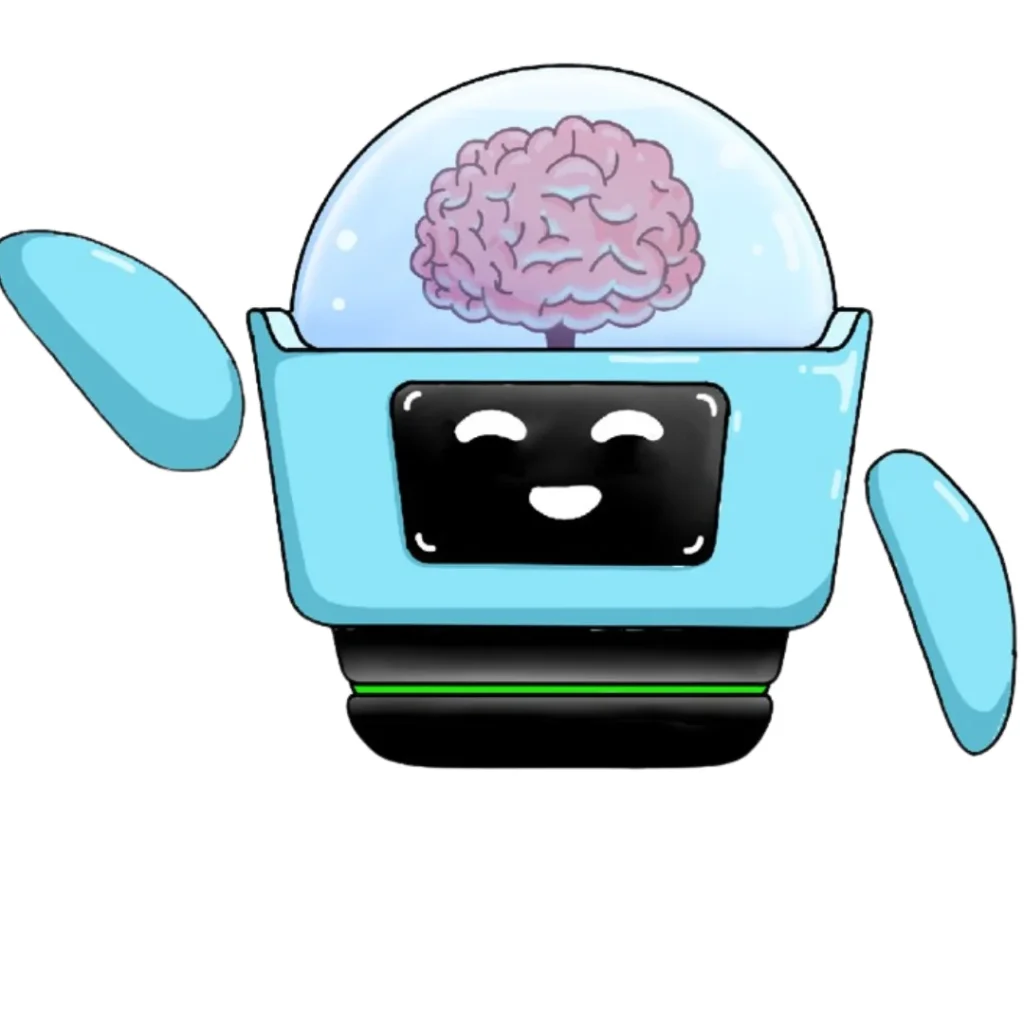
At the end of the day, vocabulary learning is more than just memorizing words—it’s about opening a child’s mind to communication, expression, and creativity. With Focus Fun’s interactive activities like Connect Shape, Memorize, and Flag Colour, the journey of learning words becomes playful, engaging, and deeply rewarding.
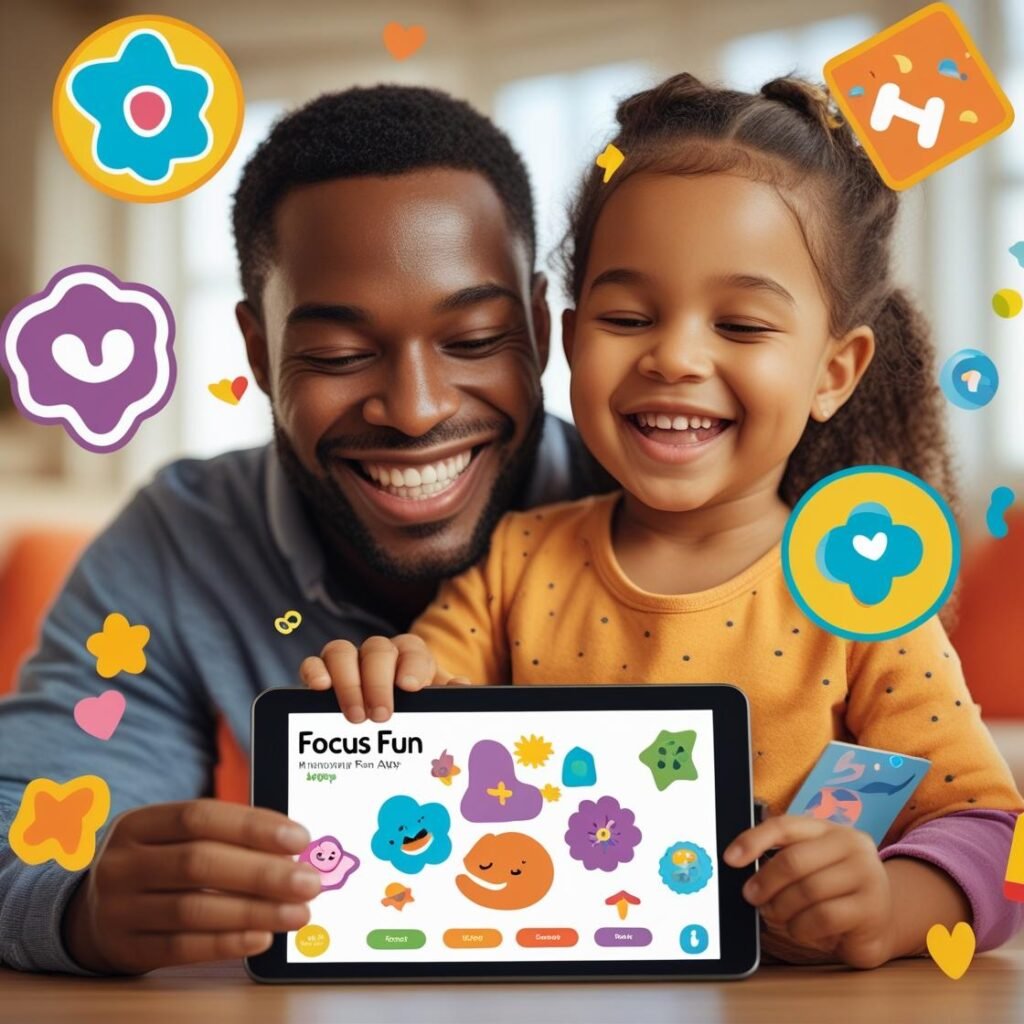
For parents looking to support their child’s Class 1 vocabulary journey, Focus Fun provides the perfect balance of fun and education. With just a few minutes of play every day, you’ll notice your child using new words, forming better sentences, and communicating with greater confidence. And that’s the real power of vocabulary learning—it gives your child the tools to succeed in every subject and every conversation.
So, if you want to see your child thrive in Class 1 and beyond, make vocabulary learning a joyful routine. Let Focus Fun be your partner in building a brighter, smarter, and more expressive future for your child.
FAQ’s
1. What is the best way to start vocabulary learning for Class 1 children?
The best way is to begin with words children see in their daily life—like fruits, animals, toys, and classroom objects. Using simple games such as shape-matching or color-identifying makes it easier for kids to connect new words with real objects. Parents should also use short sentences with these words, so the child understands how they fit in communication.
2. How can games improve vocabulary learning for young kids?
Games transform learning into playtime, which keeps children motivated. For instance, when kids match a circle with the word “circle” in a Connect Shape game, they not only recognize the object but also remember the spelling and sound of the word. Games also reduce stress, encourage curiosity, and build hand–eye coordination. Since children learn best through repetition and engagement, games make the process natural and fun, instead of mechanical or forced.
3. Which vocabulary activities are suitable for Class 1 students?
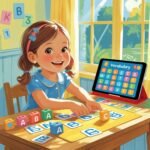
The most effective activities are those that mix visuals, sounds, and interaction. Connect Shape helps kids learn shapes and prepositions like “above” or “below.” Memorize-type games sharpen memory and improve recall of spellings and sight words. Flag Colour activities are great for teaching colors in English while also building creativity.
4. How many words should a Class 1 child learn in a week?
Every child learns at a different pace, so there isn’t a one-size-fits-all number. Generally, 5–10 new words per week works well because it gives enough time for repetition and use in daily conversations. Instead of focusing only on quantity, parents should emphasize quality—making sure the child understands meaning, spelling, and usage
5. Does vocabulary learning also improve grammar skills?
Yes, vocabulary and grammar go hand in hand. When a child learns a new word, they also pick up how it fits into a sentence. For example, learning the word “under” naturally teaches sentence use like “The cat is under the table.” Over time, this strengthens preposition usage, sentence formation, and reading comprehension. Grammar doesn’t have to be taught in isolation—it grows naturally as kids expand their vocabulary through stories, games, and conversations.
6. Why is vocabulary learning important in the early years?
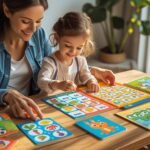
Vocabulary is the foundation of communication. A child with a strong vocabulary can understand instructions better, express feelings clearly, and enjoy reading. It also builds confidence in school, as kids who know words are more likely to participate in class activities
7. Can digital apps help with vocabulary learning for kids?
Yes, digital apps can make vocabulary learning more interactive and engaging. Unlike traditional books or worksheets, apps use sound, animation, and play-based activities to keep children interested. For example, Focus Fun introduces words through simple yet exciting activities where kids learn colors, shapes, and spellings in a playful environment.
8. How do I know if my child is improving in vocabulary learning?
Improvement shows in small but clear ways. Kids may begin using new words in their daily conversations, recognize them in stories, or spell them with confidence. Another sign is better listening comprehension—children follow instructions more easily when they know the words being used. If parents want structured tracking, apps like Focus Fun also give progress updates, showing how many words a child has practiced and retained over time, which makes monitoring much easier.
9. What are some fun ways to practice vocabulary at home?

Parents can try storytelling, flashcards, or even everyday conversations while cooking or shopping. Reading bedtime stories and asking the child to spot or repeat new words works very well. Word-matching games and drawing activities also keep practice enjoyable. For tech-savvy families, apps like Focus Fun bring structured vocabulary games into playtime, turning daily learning into an adventure.
10. How long should a vocabulary learning session last for Class 1 kids?
Young children have shorter attention spans, so it’s best to keep sessions short and engaging. Around 15–20 minutes per session is usually enough for Class 1 learners. The key is consistency—short daily practice is more effective than long, irregular study hours.
